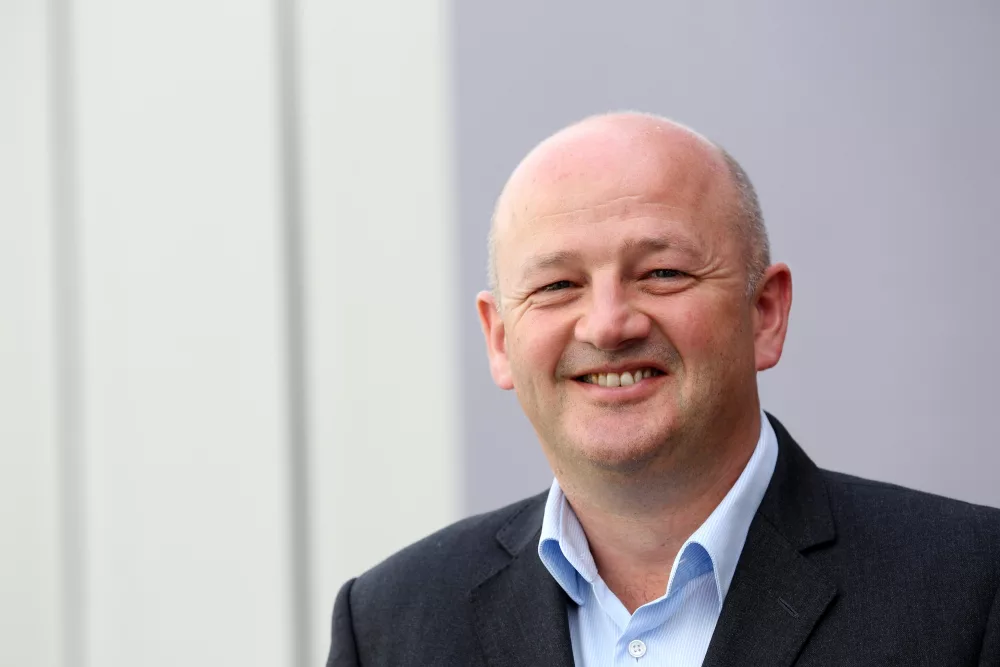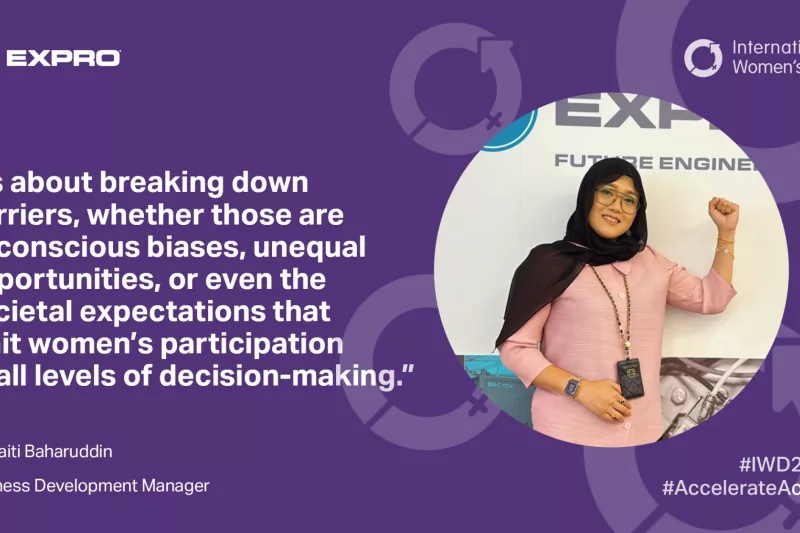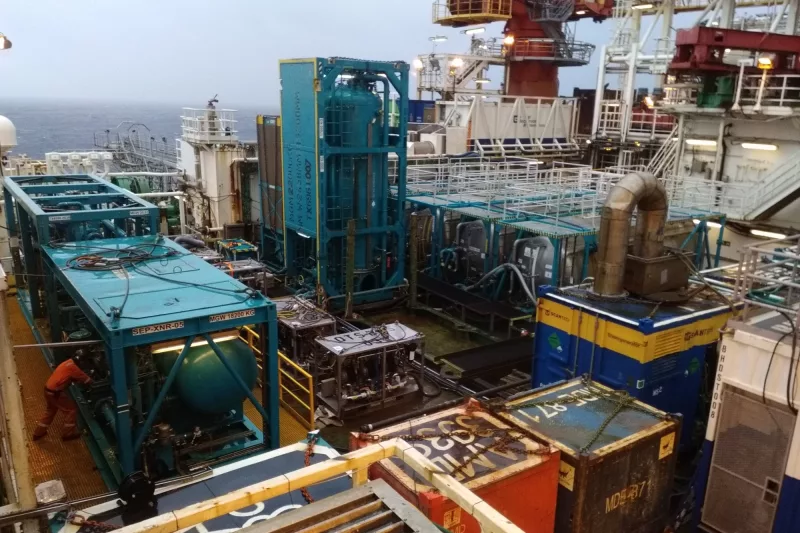
As the market shows signs of rebalancing in 2017 and operators start reviewing their E&A budgets (particularly for new reservoirs), the subject of technology once again raises its head. What impact has the past three years of reduced capital/R&D investment had on our ability to develop technology solutions? Will this potentially lead to a potential delay in the upturn?
As well as the pricing pressure that naturally comes with a downturn, there is also a drive to develop technologies that not only reduce time to drill and complete wells, but minimise costs. The challenge this presents is ensuring the right incentives are in place to develop these new technologies. By simply squeezing the supply chain, R&D expenditure then comes under added pressure.
Any investment must give a clear return and work towards developing industry solutions for the long term. The industry must work to move away from the boom and bust cycles of the past, and any drive on cost efficiencies must be sustainable for this to truly happen - we cannot simply return to high cost-base conditions when the market picks up.
An area that requires technology development is in the production optimisation or enhancement space. Expro is playing a key part in this by developing technologies such as our innovative sonar-based flow meters, which offer operators the opportunity to measure production rates on a well by well basis. Clamp-on and non-intrusive, they can be installed quickly and without production shutdown. This offers cost effective individual well surveillance; an important aspect when managing existing well stock, maximising production and targeting wells for intervention in a timely manner.
There is a hive of development activity and innovation across the service sector to address issues around cost, but this should be seen as only half the prize.
The real incentive should be to accelerate the upturn and increase activity levels in exploration and appraisal. Investing in technologies that facilitate this should be encouraged and promoted. The sector must be ready for an increase in activity by having these technologies developed, tested and in place to allow us to go deeper or to higher pressures and temperatures. Developments that are integral to allowing frontier projects to be brought on-stream cost effectively and therefore sanctioned earlier should also be included in the technology road map.
Operators and services companies are well placed to work together to achieve this, supported by key organisations such as the Oil and Gas Technology Centre and ITF. However there is now a sense of urgency to commit to this and ensure we are prepared for a return to activity. If we don’t respond to this swiftly and effectively, we may end up delaying one of the industry’s most critical market recoveries.
About Daniel: Daniel is a Chartered Engineer and the Chief Technology Officer Expro. He initially started his career in the aerospace industry developing the latest generation of fuel control systems, but subsequently transferred to the oil and gas industry. Daniel joined Expro and 1998 and has held various positions – from engineering and project management, through to new technology development. He has a BEng in Engineering Technology and an MBA from Robert Gordon University. He is also a member of SPE and a Fellow with the IMechE.
©2026 Expro. All rights reserved.
EXPRO HOLDINGS UK 2 LIMITED
Registered in England and Wales
Company number: 06491951
Registered office address: Second Floor Davidson House, Forbury Square, Reading, Berkshire, United Kingdom, RG1 3EU










